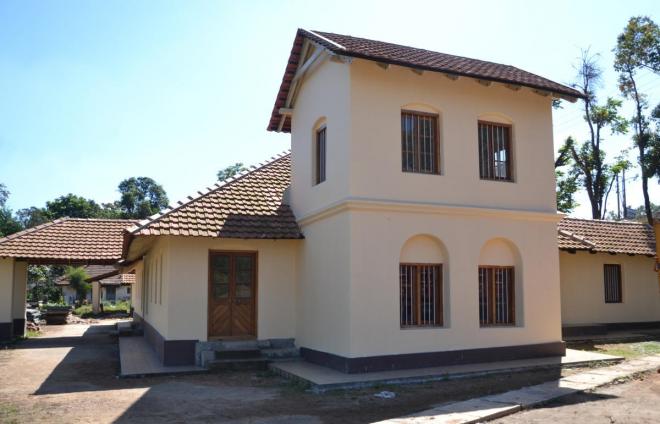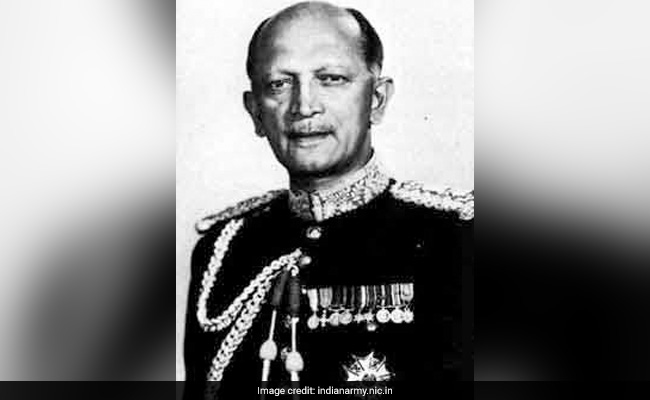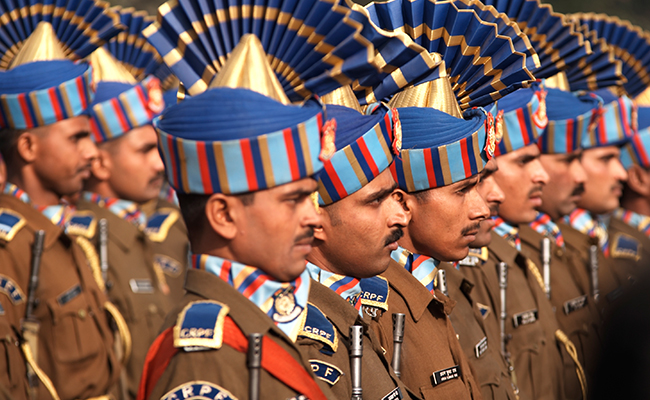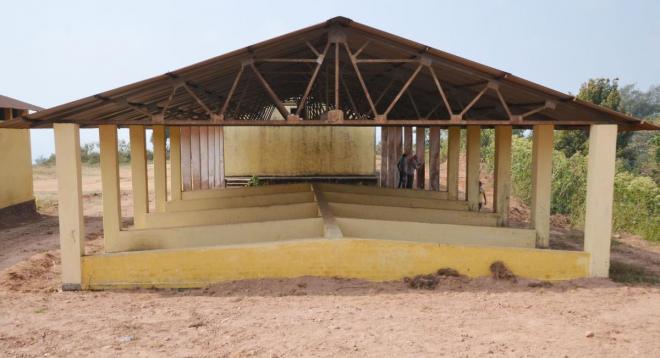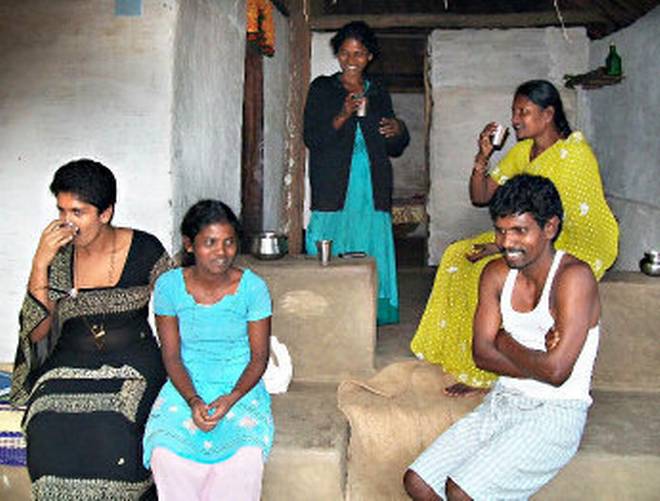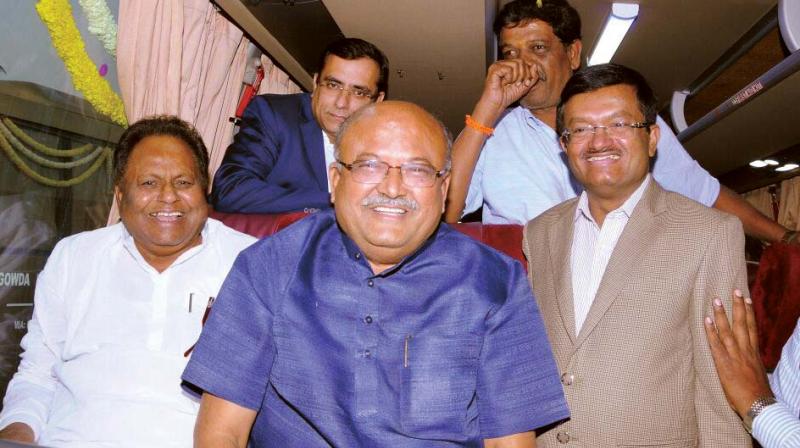Raipur :
The Chhattisgarh government has undertaken an innovative coffee plantation project in Darbha region of insurgency-hit Bastar district in a bid to boost the income of farmers.
The cash crop is raised on 20 acres of the government land under the Darbha development block, located around 35 kms away from Jagdalpur district headquarter on an experimental basis by the Jagdalpur horticulture college in collaboration with the Bastar district administration.
Jagdalpur district headquarter is located around 350 kms away from here.
“During research, the geo-climatic conditions of Darbha, located at a height of around 654 meters above the sea level and where around 100 mm rainfall occurs in summer, found suitable for growing coffee,” Dr Krishna Pal Singh, Horticulture Scientist at the College of Horticulture and Research Station, Jagdalpur, told PTI.
He said the regions like Bijapur and Kirandul (Dnatewada) in south Chhattisgarh, and Jashpur (north Chhattisgarh) also have possibilities for coffee farming.
The ultimate plan was to bring about a change in the cropping pattern of farmers who traditionally depended upon cultivation of rice, Singh said, adding that farmers could not fetch a good return from paddy farming but a coffee plantation would yield more revenue.
In the first phase of the project, 20 acres of land was finalised on terrains of Darbha-Koleng road, he asid, adding that the fund was granted by the district administration under District Mineral Foundation (DMF).
The plantation was started in September last year on two acres of the land while the remaining 18 acres will be covered by May this year, he said.
Initially ‘selection 8’ variety of coffee Arabica species was planted in two acres.
The Coffee Board of India, Bengaluru, has agreed to provide seedlings of two improved varieties of coffee Arabica- Chandrgiri dwarf and selection 9, and one Coffee Robusta variety- CxR for further plantation, he said.
The Coffee Board took this decision after its team recently visited the plantation orchard, Singh said.
As many as 12 local farmers, including six women, have been involved in the cultivation after they were imparted necessary training.
“Besides, some of the farmers will be sent to the Coffee Research Station in Koraput (Odisha) for further training so that they can take up coffee farming in their field and disseminate it to other farmers,” Dr Singh said.
For the first three years of the project, the district administration has sanctioned a fund of Rs 60 lakh, he said.
The horticulture scientist said the coffee cultivation had a span of 45 years once sown.
“Coffee beans (cherries) for commercial production will be ready from second year onwards. A small processing unit will be set up in future for processing beans into coffee powder,” he added.
The project has started attracting response of local farmers who have approached the horticulture college to take up the same plantation in their field.
A group of farmers from Mawlipadar village of Darbha block has contacted us seeking assistance and guidance for growing coffee in around 40 acres of land in their village, Singh said.
Meanwhile, the college has also planned to plant bush pepper in the coffee orchard as an inter crop.
Bush pepper will be sown in gaps between two rows of coffee plants, Singh said, adding that the mixed cultivation of both crops would yield a handsome income for the farmers.
Farmers involved in the cultivation believe that the project would give a new identity to Darbha–where a number of state Congress leaders were killed in a deadly Maoist attack on May 25, 2013 in its Jhiram valley area.
The district administration has plans to expand coffee plantation in other places of the region if it would turn successful.
“The coffee cultivation has been started on the experimental basis and once we will get good results, it would be later replicated in other suitable parts,” Bastar Collector Dhananjay Dewangan said.
The collector further added that based on the results of the project, an action plan will be drafted that would benefit the farming community.
source: http://www.outlookindia.com / Outlook / Home> The News Scroll / by Tikeshwar Patel / Raipur – January 14th, 2018
